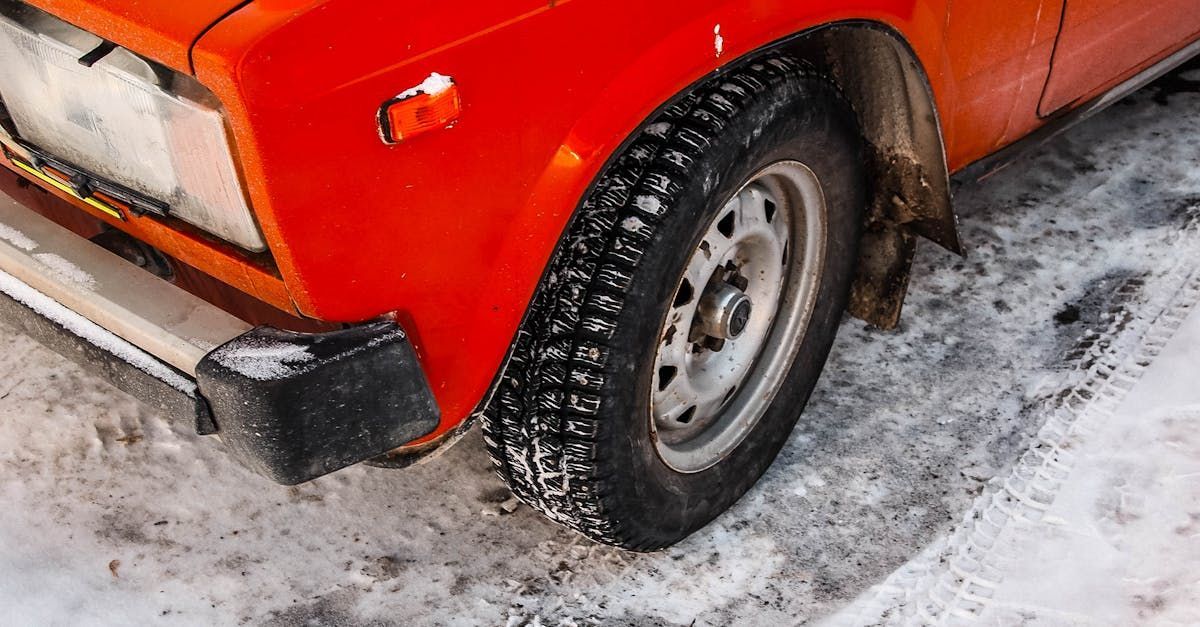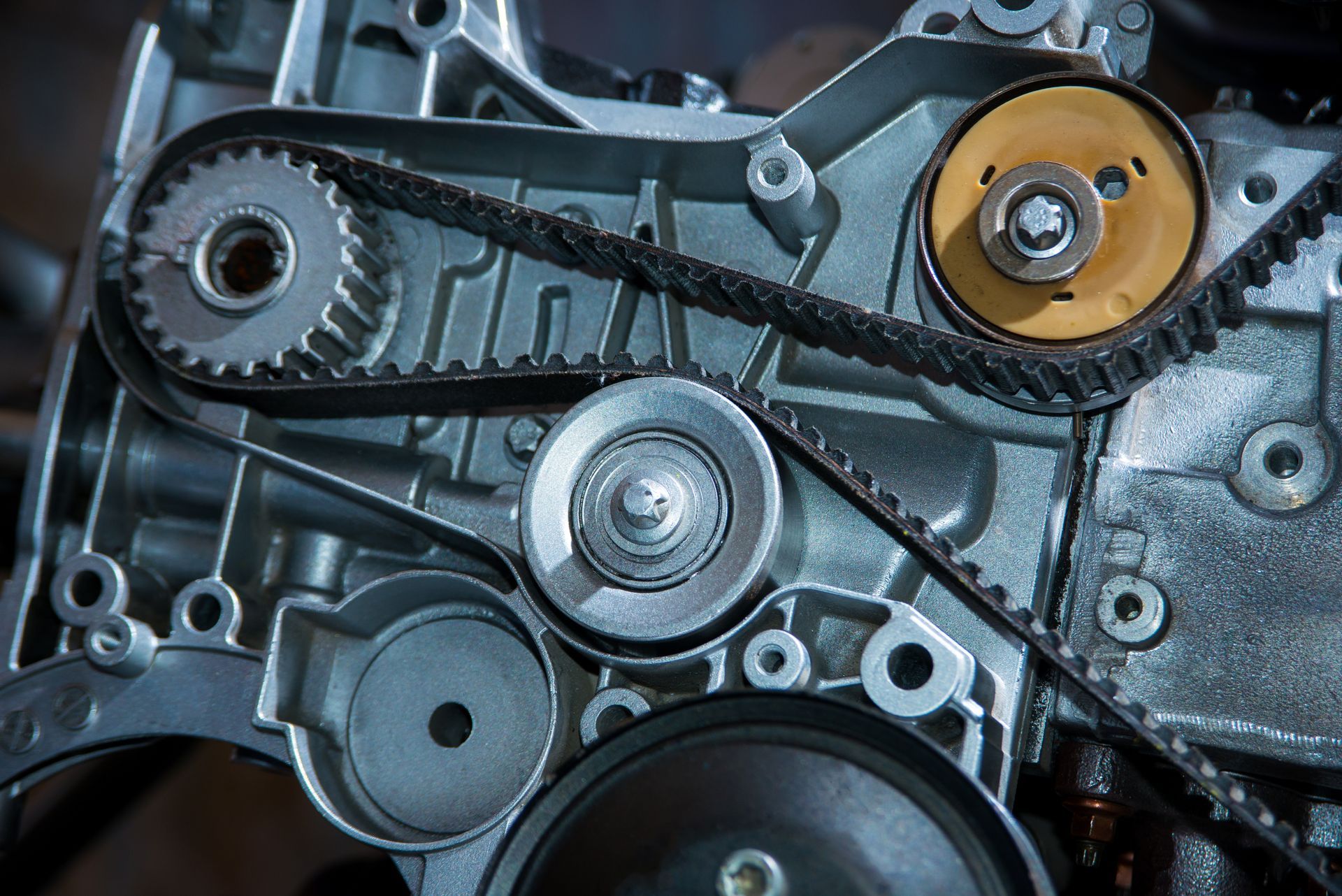Brake Repair 101: Ensuring Your Safety on the Road
Welcome to Richmond Street Automotive in Appleton, WI, your go-to source for expert brake repair services and essential knowledge to keep you safe on the road. Understanding the fundamentals of brake maintenance and recognizing the signs that your vehicle needs professional attention can significantly enhance your driving safety. Here, we're diving deep into "Brake Repair 101," providing you with a comprehensive guide to understanding your car's most critical safety system.
The Importance of Regular Brake Inspections
Brakes are your car's most essential safety feature. Regular inspections are crucial to detect any wear and tear that can compromise your vehicle's safety. At Richmond Street Automotive, we recommend having your brakes checked at least once a year or as soon as you notice any change in your braking performance. This can include anything from a spongy brake pedal, grinding noises, or the car pulling to one side when braking. These signs can indicate that your brakes need immediate attention.
Understanding Brake Components and Their Functions
Your vehicle's brake system is composed of several key components, including the brake pads, rotors, calipers, and brake fluid. Each plays a vital role in ensuring your vehicle can stop safely and efficiently.
- Brake Pads are crucial as they provide the friction required to slow and stop your vehicle. Over time, they wear down and need replacing to maintain optimal braking performance.
- Rotors work hand-in-hand with brake pads. If your rotors are worn or warped, it can lead to a decrease in braking power and potentially unsafe driving conditions.
- Calipers apply the necessary pressure to the brake pads, which in turn, press against the rotors to slow your vehicle. Ensuring they are functioning correctly is vital for your safety.
- Brake Fluid is the lifeblood of your braking system, transferring the force created when you press the brake pedal to the calipers. Low or contaminated brake fluid can lead to brake failure.
How Often Should You Replace Your Brake Components?
The frequency of brake component replacement varies depending on your driving habits, vehicle type, and the quality of the parts. Generally, brake pads should be replaced every 50,000 miles, but this can range from 25,000 to 70,000 miles. Rotors typically last between 30,000 to 70,000 miles. However, it's crucial to listen to your car and seek professional advice if you suspect any issues. At Richmond Street Automotive, our skilled technicians can provide a precise assessment and recommend the best course of action for your vehicle.
DIY vs. Professional Brake Service
While some car enthusiasts feel comfortable performing basic brake maintenance, it's essential to recognize when a professional service is needed. Complex issues, such as replacing rotors or dealing with hydraulic system problems, require specialized tools and expertise. At Richmond Street Automotive, we use advanced diagnostic equipment to accurately identify any issues and ensure your braking system functions safely and efficiently.
Why Choose Richmond Street Automotive for Your Brake Repair Needs?
At Richmond Street Automotive in Appleton, WI, we pride ourselves on delivering top-quality brake repair services. Our team of certified technicians uses the latest technology and high-quality parts to ensure your vehicle receives the best care possible. We understand the importance of your safety on the road, which is why we offer comprehensive brake inspections, repairs, and maintenance services designed to keep your vehicle performing at its best.
Ensuring Your Safety on the Road
Proper brake maintenance is not just about replacing worn components; it's about ensuring your safety and the safety of others on the road. By understanding the signs of brake wear and seeking professional care when necessary, you can significantly reduce the risk of brake-related accidents. Remember, regular inspections and maintenance at Richmond Street Automotive can help you avoid costly repairs down the line and, more importantly, keep you safe on the road.










